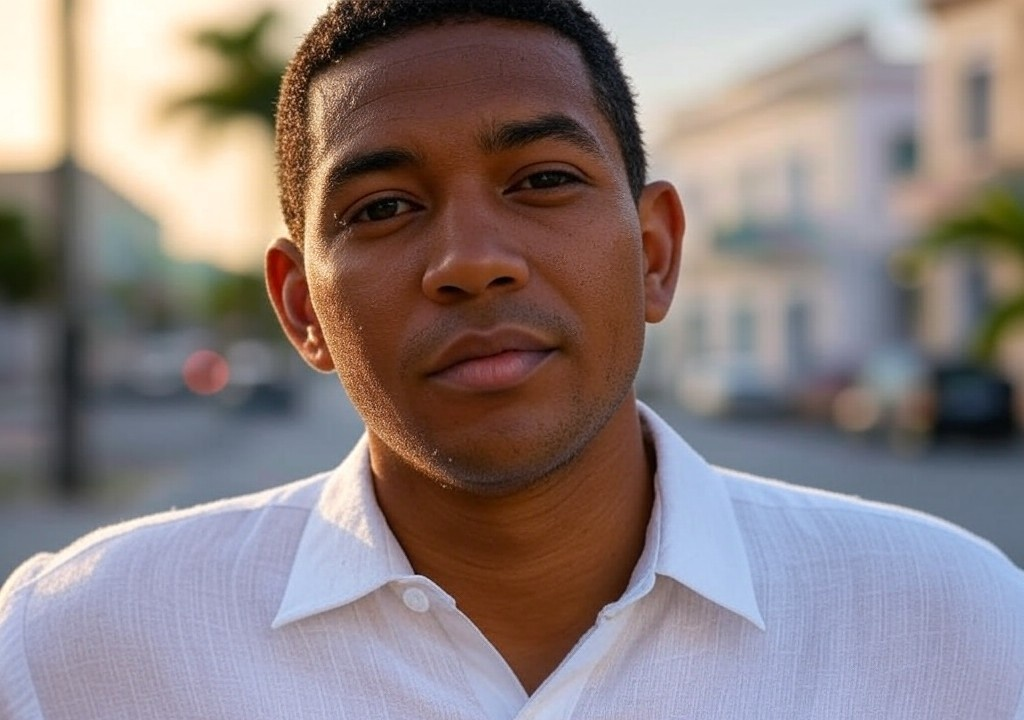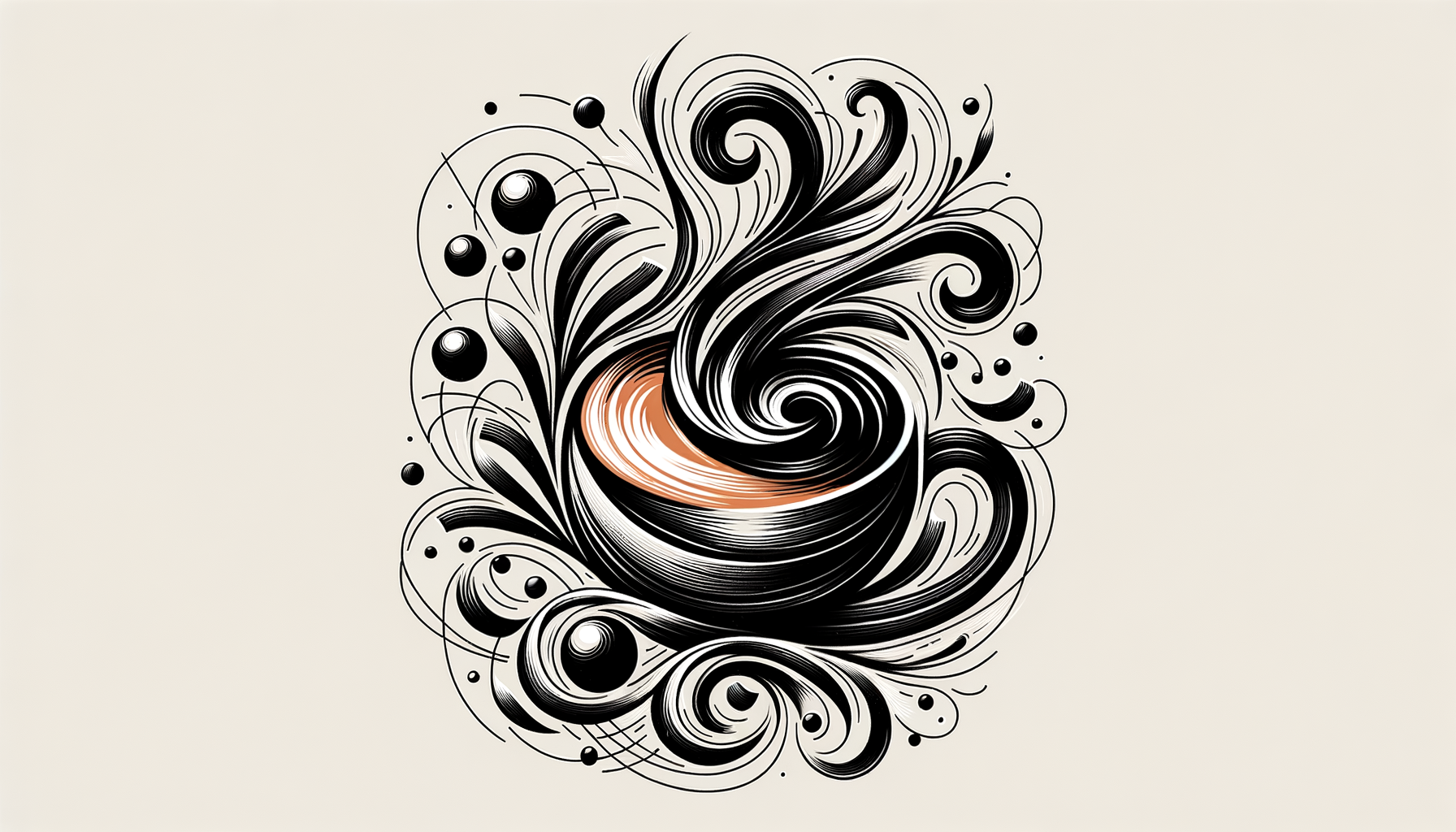They say home is where the heart is, but what if your heart is caught in a love triangle with nostalgia and mild resentment? That’s how I feel about Hialeah—the scrappy, sun-scorched Cuban American enclave I grew up in. It’s a place where the smell of pastelitos mingles with car exhaust, abuelas shout from second-story balconies, and roosters roam free like they pay property taxes. I love it. I hate it. Sometimes, I just need a cafecito to figure out how I feel about it.
But let me rewind. This is not an ode to perfectly polished small-town life. Hialeah isn’t winning any awards on those “Best Places to Live” lists. (Although, come to think of it, it’d sweep the “Most Likely to Find a Pig Roasting in Someone’s Driveway on Christmas Eve” category.) Instead, this is an exploration of how where you’re from stays with you—whether you like it or not.
The Things You Only Appreciate When You Leave
Growing up, Hialeah felt like the overbearing dad who wouldn’t let me borrow the car because gas is expensive (fair) and I’m reckless (less fair, but okay). If you’ve been to Hialeah, you know why teenage me fantasized about escaping. It’s loud. Traffic is the worst. Customer service? An extreme sport—either someone’s snapping gum in your face or giving you unsolicited life coaching at the AutoZone.
But then I went away. First to Tallahassee for college, where the air smelled like pine trees and optimism, and later to Key West—a hazy fairyland where your bartender might also be a poet. In those moments of distance, I started to miss the very things I used to roll my eyes at. The guy selling oranges at the intersection became a symbol of resilience. The unsolicited life coaching? A reminder that people in my city don’t do small talk—they dive headfirst into your business, whether you’re ready or not.
Absence didn’t just make my heart grow fonder; it gave me perspective. I realized that the relentless grit of Hialeah had shaped me. It taught me how to hustle, adapt, and thrive—qualities you don’t fully understand until you’re trying to explain to some college roommate why music blaring at a gas station at 2 a.m. is… normal.
Love Lessons from Hialeah
If my hometown could offer relationship advice, it would probably go something like: “Be loud, be passionate, and don’t let anyone cheat you—not even at dominoes.” Surprisingly, that’s not terrible advice to carry into dating or love. Hialeah is a masterclass in all things messy and extra, which, let’s face it, relationships tend to be.
Take communication, for instance. In Hialeah, “using your words” is an Olympic sport. You don’t just tell someone how you feel—you lean into it. Your hands do half the talking, and if you’re not punctuating your sentences with a few ¡coños! for emphasis, are you even expressing yourself? I’ve leaned into that authenticity in love—learning to show passion, articulate needs, and sometimes yell if yelling is what the moment requires.
And let’s not forget loyalty. People in Hialeah ride for their people, period. That sense of commitment—the willingness to go full telenovela mode for someone you care about—is something I’ve carried into all my relationships. Finding someone who loves you at your loudest, quirkiest, and most unreasonable? That’s the dream, isn’t it?
The Double-Edged Sword of Family Ties
Then there’s family. Growing up Cuban means family isn’t just important—it’s a full-time occupation. In Hialeah, my family wasn’t just close; we were close-close. Weekend dominoes games turned into interrogations about my love life (“You’re how old and still single?”), and uncles who couldn’t name any of my high school teachers somehow memorized every boy I’d ever so much as made eye contact with. Dating wasn’t just a personal venture; it was community theater, featuring debut performances of my poor decisions.
At the time, that level of scrutiny felt suffocating. Now, I see it for what it was: care. Messy, well-intentioned, suffocating care. Because here’s the thing—they don’t ask because they’re nosy (fine, a little nosy). They ask because they believe relationships are the cornerstone of life, and they want you to get it right. There’s beauty in that, even when it’s accompanied by unsolicited advice about how I should smile more.
The Ways We Carry Home with Us
At its best, Hialeah taught me to embrace imperfection. It’s not a postcard city; it’s a weathered photo album. That first boyfriend who broke your heart? He’s like the pothole on 49th Street everyone knows to swerve around. The place with the best croquetas? Also where your ex from college works now, but you go anyway because that’s life—equal parts savory and awkward.
Sometimes love, like home, isn’t perfect. It’s embarrassing, stubborn, and wildly inconsistent. But that’s what makes it yours. Because love isn’t about being perfect—it’s about being real. And if I learned anything from Hialeah, it’s that being real beats being picture-perfect any day.
Lessons for Your Own Love/Hate Relationship with Home
If you’re also stuck in a complicated relationship with where you grew up, here’s what I’ve learned:
- Recognize the Gifts: Even the places you outgrow leave you with something. Whether it’s a sense of humor, survival instincts, or the ability to parallel park like a champion, you’ve gained tools for life.
- Forgive the Cringe: So your hometown made you wear metaphorical (or literal) braces in front of your crush. It’s fine—you’re better now. Every awkward moment served its purpose.
- Take What You Need, Leave What You Don’t: I don’t need Hialeah’s traffic jams, but I’ll take its unapologetic energy. Similarly, in relationships, not every part of someone will be a fit—but the good parts? Those are what matter.
- Find the Humor in It: Life’s messy, love’s messy, and the place you’re from is probably messy too. That doesn’t mean it’s not worth loving.
Let’s be honest: Home is hard to love sometimes. But whether you’re staying, visiting, or running as far away as possible, it’s always a part of you. For me, Hialeah isn’t a perfect love story, but it’s an honest one. Sure, I didn’t always appreciate it while living there, but now that I’ve left and come back, I know one thing for sure: It’s exactly where I needed to start.
So, whatever your Hialeah is—whether it’s a one-stoplight town, a sprawling suburb, or a bustling city—give it a little credit. It raised you, after all.




















